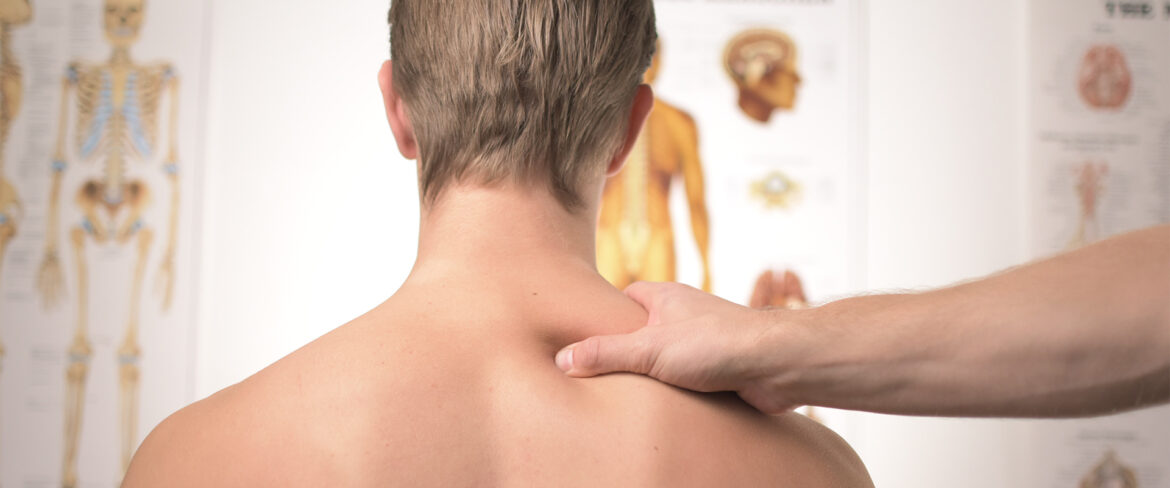Orthopedic care plays a crucial role in the lives of athletes, helping them recover from injuries, prevent future ones, and optimize their performance. Athletes, whether amateur or professional, subject their bodies to significant physical demands, making them more prone to musculoskeletal issues. In this article, we’ll explore the importance of orthopedic care in the athletic world, focusing on recovery and performance enhancement. Click here to understand the role of orthopedic specialist Dubai.
Recovery from sports injuries:
Accurate diagnosis: Orthopedic specialists are trained to diagnose sports-related injuries accurately. Whether it’s a torn ligament, stress fracture, or muscle strain, an accurate diagnosis is the first step toward effective treatment and recovery.
Treatment options: Orthopedic surgeons offer a wide range of treatment options tailored to the athlete’s specific injury. This may include minimally invasive arthroscopic procedures, surgical repairs, or non-surgical treatments like physical therapy, bracing, or medications.
Rehabilitation: Orthopedic care doesn’t end with surgery or treatment. Rehabilitation is a critical component of recovery. Physical therapists work closely with athletes to develop personalized rehabilitation plans that focus on restoring strength, flexibility, and functional mobility.
Return-to-sport evaluation: Orthopedic specialists perform thorough evaluations to determine when an athlete is ready to return to their sport safely. These assessments include functional testing and objective criteria to ensure that the athlete’s injury has fully healed, reducing the risk of re-injury.
Performance enhancement:
Injury prevention: Orthopedic specialists often work with athletes to identify potential risk factors for injuries. By addressing these factors through strength and conditioning programs, proper technique, and biomechanical analysis, orthopedic care can help prevent injuries before they occur.
Biomechanical analysis: Orthopedic surgeons use advanced technology and techniques to analyze an athlete’s biomechanics. This analysis can identify movement patterns or imbalances that may lead to injury or hinder performance. By addressing these issues, athletes can improve their efficiency and reduce the risk of injury.
Orthopedic surgery for performance: In some cases, athletes may undergo orthopedic surgery not only to recover from injuries but also to enhance their performance. Procedures like ACL reconstruction or meniscus repair can restore stability to the knee, allowing athletes to perform at their best.
Regenerative medicine: Orthopedic specialists may employ regenerative medicine techniques such as platelet-rich plasma (PRP) therapy or stem cell therapy to promote tissue healing and regeneration. These treatments can accelerate recovery and support tissue repair in athletes.



